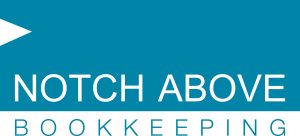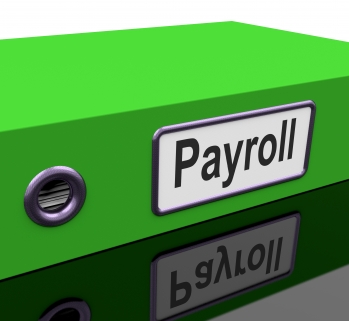Coronavirus Jobkeeper Payment
Federal Government offers $130b in coronavirus wage subsidies for businesses to pay workers
The Government has announced a $130 billion JobKeeper payment to help keep more Australians in jobs and support businesses affected by the significant economic impact caused by the Coronavirus.
Around 6 million workers will receive a fortnightly payment of $1,500 (before tax) through their employer. The payment ensures eligible employers remain connected to their workforce and will help businesses restart quickly when the crisis is over.
- Fact sheet PDF file: Supporting businesses to retain jobs (Last updated: Tuesday 31 March 2020)
Information for employers
If your business has been significantly impacted by the Coronavirus you will be able to access a wages subsidy to continue paying your employees. Under the JobKeeper program, you will be able to claim a fortnightly payment of $1,500 per eligible employee from 30 March 2020, for a maximum of six months. This assistance will help you keep staff and will help you restart when the crisis is over.
- Fact sheet PDF file: JobKeeper payment – Information for employers (Last updated: Monday 30 March 2020)
To register your interest, please visit the Australian Taxation Office: https://www.ato.gov.au/general/gen/JobKeeper-payment/?=redirected_JobKeeper
What employers will need to do is reach out to their banks knowing that they will have this confirmed money flow coming from tax office, namely from the Government, and then that will give them the ability to pay their employees.
Information for employees
The JobKeeper payment helps businesses significantly impacted by the Coronavirus cover the costs of their employees’ wages, so more Australians can retain their jobs and continue to earn an income. Your employer will notify you if they intend to claim the fortnightly payment of $1,500 on your behalf.
- Fact sheet PDF file: JobKeeper payment – Information for employees (Last updated: Monday 30 March 2020)






